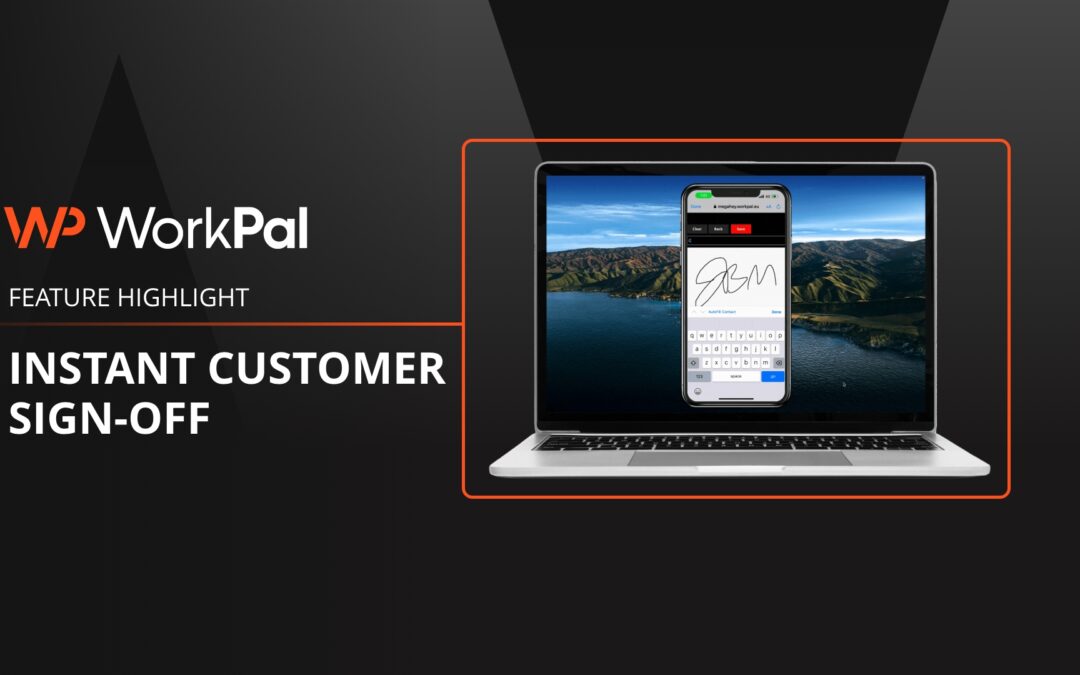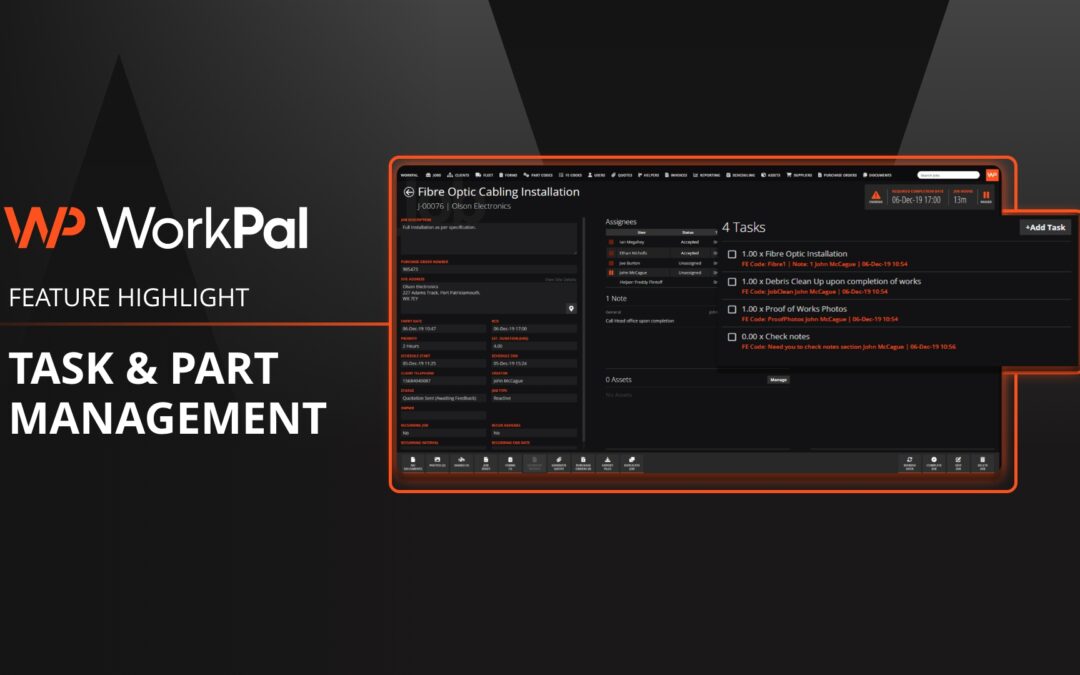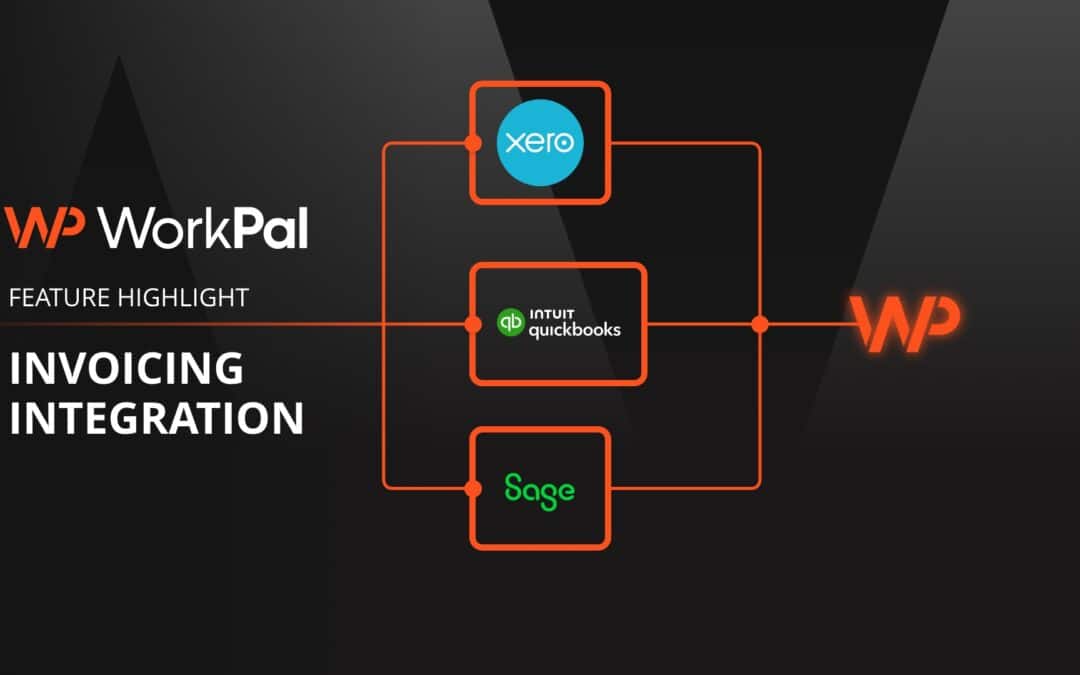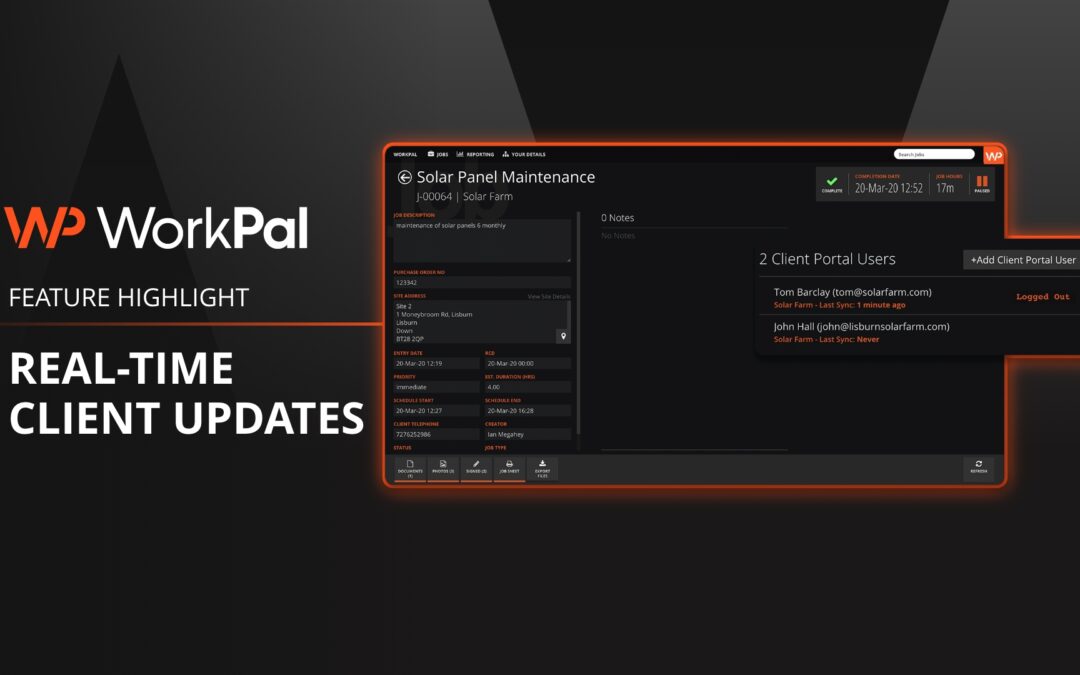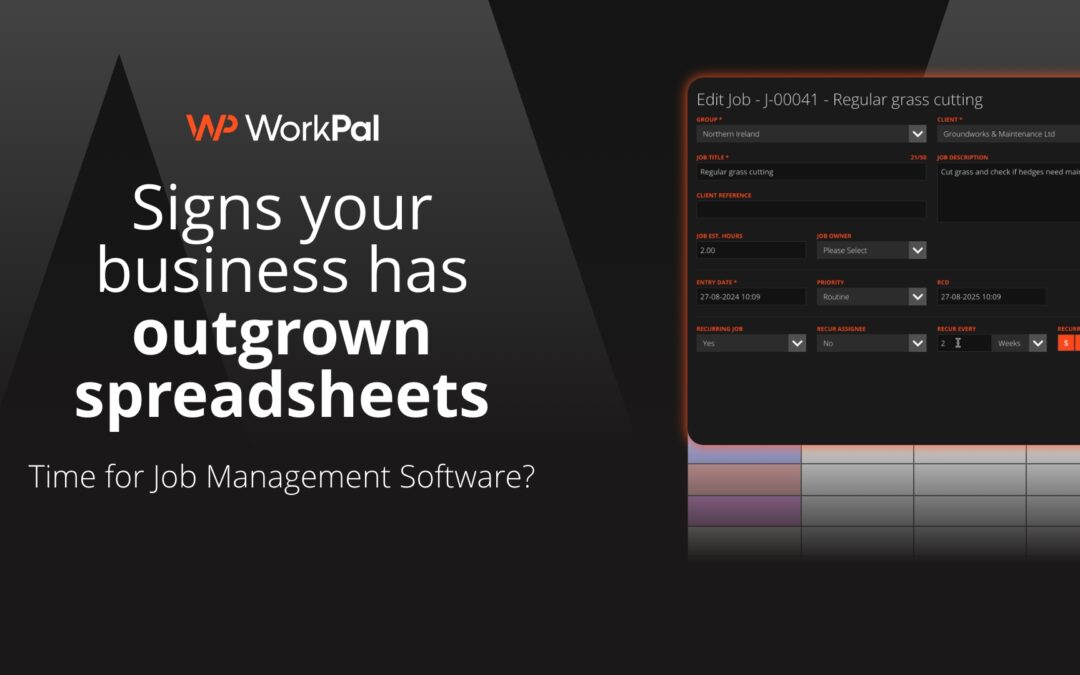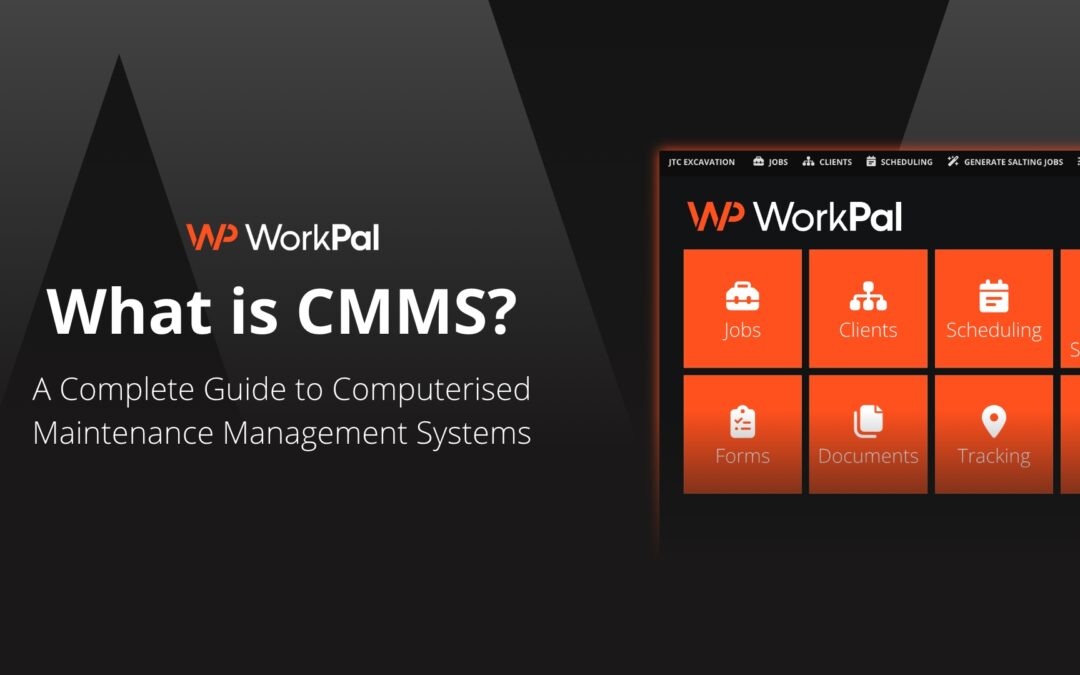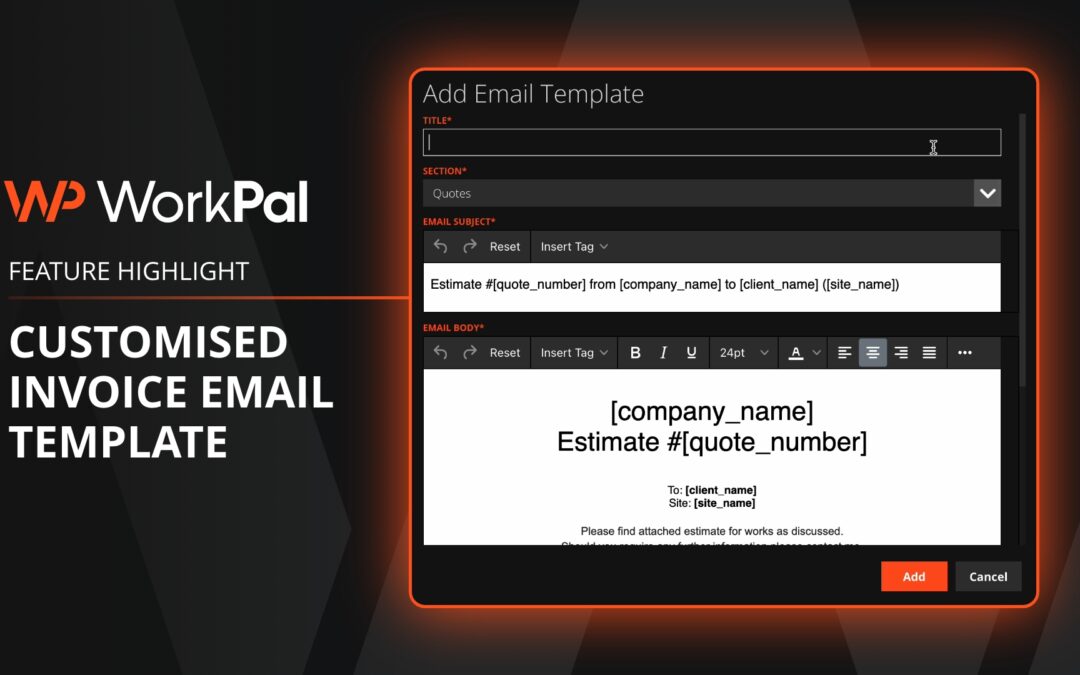In today’s fast-paced and competitive business environment, companies are always looking for ways to improve their operational efficiency and deliver better services to their customers.
One of the ways to achieve this is by implementing software systems such as Field Service Management (FSM) and Mobile Workforce Management (MWM).
While these two systems are related, they have distinct differences that businesses must understand to choose the right tool that aligns with their specific needs and objectives.
In this article, we will explore the key differences between FSM and MWM, their features, benefits, and target users to help you make an informed decision about which system is best for your business.
Differences between FSM and MWM
Field Service Management (FSM) and Mobile Workforce Management (MWM) are two software systems that are often used interchangeably. While they may seem similar, there are fundamental differences between these two systems.
FSM is designed to manage the on-site activities of a service-based organisation, such as scheduling, dispatching, tracking, and managing service technicians. In contrast, MWM aims to manage the entire mobile workforce, including sales representatives, delivery drivers, and field service technicians.
Understanding the differences between FSM and MWM is essential for businesses to choose the right system that best fits their specific requirements.
In this section, we will dive deeper into the distinctions between FSM and MWM, highlighting their target users, features, and goals.
Definition
Field Service Management refers to managing the on-site activities of a service-based organisation such as dispatching, scheduling, tracking, and managing service technicians. Whereas Mobile Workforce Management refers to managing the entire mobile workforce, including the field service team, sales representatives, delivery drivers, and others.
Focus
The primary focus of Field Service Management is to optimise the field service operations, increase productivity, and improve customer satisfaction by ensuring timely and effective service delivery. In contrast, Mobile Workforce Management focuses on managing and optimising the entire mobile workforce, including field service, sales, and delivery teams.
Features
Field Service Management software typically includes features such as work order management, scheduling and dispatching, inventory management, job tracking, and field service analytics. Mobile Workforce Management includes features such as time and attendance tracking, location tracking, route optimisation, task management, and performance tracking.
Target Users
Field Service Management is typically used by service-based organisations such as HVAC, plumbing, and electrical companies, which provide on-site services to customers. Mobile Workforce Management, on the other hand, is used by companies with a mobile workforce, including sales representatives, delivery drivers, and field service technicians.
Goals
The primary goal of Field Service Management is to improve the efficiency and effectiveness of field service operations, resulting in increased customer satisfaction and profitability. Mobile Workforce Management aims to optimise the entire mobile workforce, leading to improved operational efficiency, reduced costs, and increased revenue.
Which is best for your business
Field Service Management and Mobile Workforce Management are two closely related systems that help organisations manage their field operations more effectively. FSM is a software platform designed to manage the entire life cycle of field service operations, from job assignment to billing and reporting.
The key features of FSM include work order management, scheduling and dispatching, inventory management, job tracking, and field service analytics.
Work order management refers to the process of creating, assigning, and tracking work orders. Scheduling and dispatching involve assigning the right technician to the right job, based on factors such as skill set, availability, and location.
Inventory management includes tracking and managing the parts and equipment required to complete jobs, ensuring that technicians have the right tools at the right time. Job tracking involves monitoring the progress of jobs in real-time, from start to finish, and field service analytics involves using data to gain insights into service performance, customer satisfaction, and other key metrics.
MWM, on the other hand, focuses on managing the mobile workforce, including employees who work in the field and are often on the move. MWM includes features such as time and attendance tracking, location tracking, route optimisation, task management, and performance tracking.
Time and attendance tracking allows managers to monitor employee hours and attendance, while location tracking enables them to track the whereabouts of field workers in real-time.
Overall, FSM is an excellent choice for businesses that want to optimise their field operations, reduce costs, and improve customer satisfaction.
Discover the Benefits of WorkPal for Your Business
If you’re looking for a software solution to manage your field service operations, you should consider using Field Service Management software like WorkPal.
While Mobile Workforce Management software may be suitable for some businesses, FSM software offers unique features that can benefit service-based organisations like yours.
With WorkPal, you can quickly assign job requests submitted by clients to the most qualified engineer. The system will include all the information required to execute the job, including the service history, duties, and parts needed, in an immediate notification sent to your mobile engineers while they are on the move. This ensures that your field service team has all the necessary information at their fingertips to complete the job quickly and effectively.
Additionally, WorkPal’s contactless signature feature allows customers to sign off on completed work orders without the need for physical contact. This feature promotes safety and hygiene and reduces the need for paperwork, making the entire process faster and more convenient for everyone involved.
WorkPal ensures that everything is synced back to the office in real-time. Before your engineer even departs the client’s site, WorkPal creates a job sheet and an invoice that may be delivered to the customer. This streamlined process allows for quicker, easier, and wiser labour management, which ultimately leads to higher customer satisfaction and profitability.
Field Service Management software like WorkPal is an ideal solution for businesses that provide on-site services. Its unique features, such as quick job assignment, comprehensive job information, contactless signatures, and real-time synchronisation, making it the ideal choice for streamlining your field service operations.
If you’re interested in improving your business operations, get in touch with WorkPal today or book a demo through our website.

